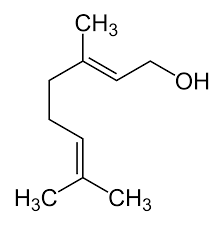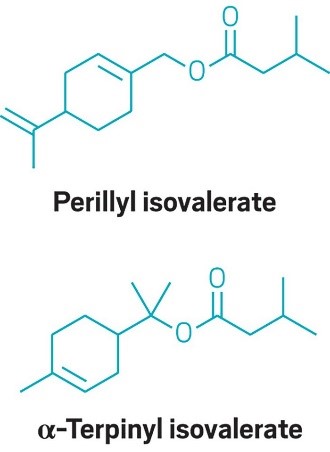Modified Plant Oils Repel Mosquitoes
To help prevent diseases such as malaria, Zika virus, and West Nile virus, the World Health Organization and other public health groups are calling for new tools to control the mosquitoes that transmit the illnesses. People have long lit candles containing citronella oil to release compounds that repel mosquitoes from the surrounding area. But the molecules in the oils tend to dissipate quickly and thus their effects are short-lived.
At the fall 2018 ACS national meeting in Boston, Joel R. Coats of Iowa State University and colleagues presented some compounds that could help: a new generation of spatial mosquito repellents (repellents that you release into the air, rather than applying to your skin) that act like those in citronella candles. Coats’s team has made about 300 derivatives of plant oil compounds, increasing their molecular weight to make them less volatile and more likely to hang around.
The active ingredient in citronella candles is citronellol, which is derived from a class of compounds called monoterpenes. Monoterpenes are organic compounds with the formula C10H16, and contain two double bonds.

Coats previously found that sesquiterpenes (organic compounds with the formula C15H24) are less volatile than monoterpenes and thus diffuse more slowly. The researchers started with sesquiterpenes and added carboxylic acids like isovaleric acid to the molecules’ alcohol groups to create esters that more closely resemble citronellol.
Some of the best-performing compounds, including perillyl isovalerate and terpinyl isovalerate (shown below), equaled citronella at repelling mosquitoes in lab tests. While citronella lost its potency after two hours, some of these compounds kept working after seven or more hours. Coats says more research on the compounds is needed, including testing the compounds in the field, assessing their toxicity, and analyzing their ability to activate receptors in mosquitoe antennae.

Researchers report a new class of mosquito repellents based on naturally occurring compounds that are effective in repelling the bugs, including those that are resistant to pyrethroid insecticides and repellents.
This article is adapted from “Modified plant oils repel mosquitoes: Next generation of spatial repellents could last longer than citronella.” Torrice, M (2018). Chemical & Engineering News, 96(34). Retrieved from https://cen.acs.org/biological-chemistry/infectious-disease/Modified-plant-oils-repel-mosquitoes/96/i34
